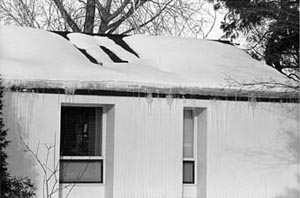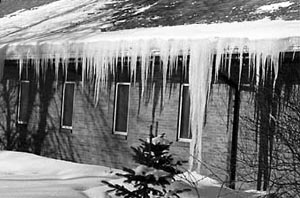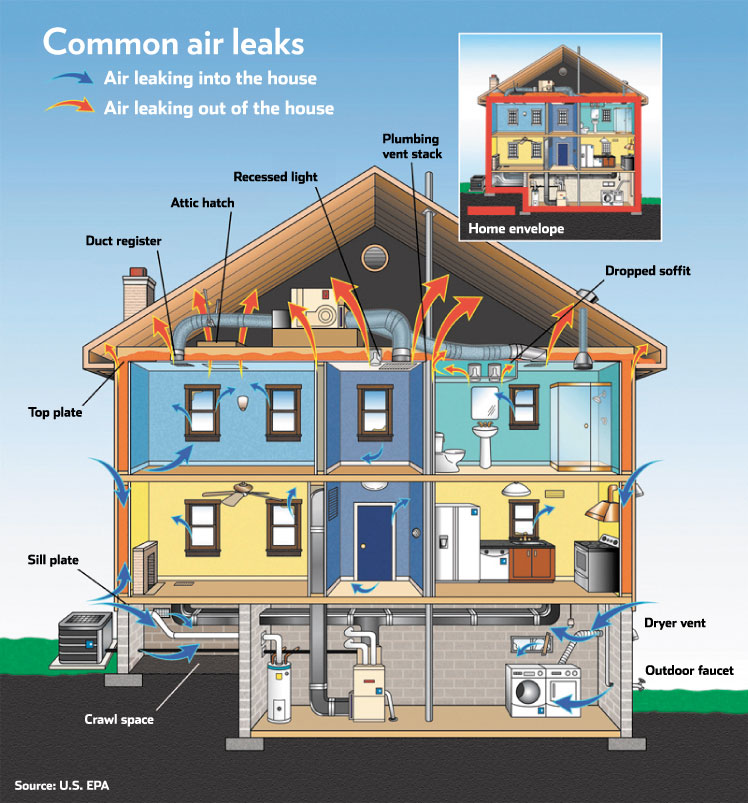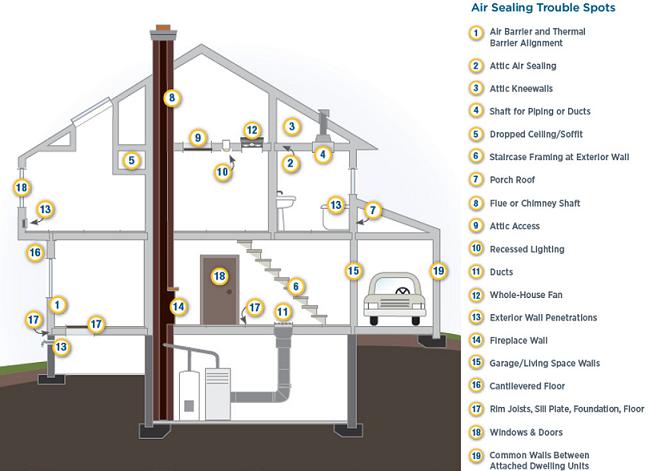Minnesota Ice Dam Prevention & Removal
If you live in Minnesota, chances are you’ve had to deal with winter’s bitter wrath; damaging ice and heavy, wet snow… resulting in Ice Dams! The type of winter that leads to ice dam problems is where you get a large share of your seasonal snowfall early in winter. We have already had tons of snow, as well as warming and freezing temperatures with more on the way. In the next few days the bitter cold blowing into Minnesota is expected to be the coldest air in four years.
Minnesotans have already had a record breaking snowfall. Not only have we exceeded the average total for the season with the largest December snowfall on record; we have a real mess on many roofs with ice dams.
Yup… the start of another brutal winter is here and a very cold and snowy winter is in store. Unfortunately Minnesota homeowners should brace themselves now for the return of ice dams. In fact, ice dams are already cropping up around the Twin Cities. If you live in Andover, Blaine, Coon Rapids, Elk River, Hopkins, or anywhere else in the Twin Cities area, you know may know what we mean.
Snow and Ice dams are a fact of life in Minnesota. But when that snow begins to melt, ice dams can become a major issue. Unfortunately, those issues can result in costing Minnesota homeowners TONS of money in repairs every winter.
Ice dams are the result of snow and ice melting over a heated part of your home and re-freezing over an unheated area such as overhangs and gutters. As more snow melts and re-freezes, it creates a rim of ice. This rim can grow, trap more water behind it, and viola—you have a full-blown ice dam.
If you notice ice icicles forming you have an ice dam forming and it should be removed correctly by trained professionals that use special steam equipment to ensure quick and safe removal without causing damage to the roof.
Prevent Ice Dams
Because ice dams are a result of lack of insulation, sealing of attic bypasses and or ventilation, the best way to prevent ice dams from forming is to address the three factors.
In houses, there’s lots of potential for cold air to come in and warm air to leak out. Until air leaks are plugged to form a “sealed envelope” around the living space, insulation won’t perform properly, energy costs will be unnecessarily high and ice dams are more likely to form.
The Minnesota Energy Code requires sealing the following areas to prevent air leaks.
BECP_Buidling Energy Code Resource Guide Air Leakage Guide
Insulation
How Much Insulation Does My Home Need?
For insulation recommendations tailored to your home, you can also visit the DOE Zip Code Insulation Calculator. There is also fact sheet available in a PDF Version. Figure 1 shows which building spaces should be insulated.
But first, remove snow from your roof. You can’t have ice dams if there’s nothing on your roof to melt and create them. At the very least, call a Minnesota Ice Dam Removal Company and have it looked at! This might prevent expensive damages in the future.







